For years, retiring in Florida was basically the punchline and the plan—shuffleboard, sunshine, and suspiciously large sunglasses. But in 2025? The game has changed. Retirees are rethinking the “Florida or bust” mindset and turning their sights to some seriously unexpected spots. Blame rising costs, hurricane stress, or just plain wanderlust, but the Sunshine State is officially getting some competition—and yes, it’s coming from places with actual seasons and fewer gators.
So where are today’s retirees actually heading? Spoiler alert: the new #1 isn’t anywhere near a beach cabana, but it’s got charm, community, and a quality of life that’s hard to beat. Whether you’re planning your big exit or just dreaming of your “someday,” these 14 retirement destinations are where the smart, savvy, and slightly sunburned are setting up their next chapter. Let’s count ‘em down.
14. Asheville, North Carolina

Asheville is like the artsy grandkid of the Blue Ridge Mountains—quirky, soulful, and a little bit magical. With its thriving indie music scene, cozy bookstores, and morning-fog-covered hills, it feels like retirement meets boho retreat. It’s also a haven for outdoorsy types, with hiking trails, fly fishing, and that crisp mountain air that makes you feel 15% more enlightened. According to Money, Asheville remains one of the best spots for retirees looking for a mix of nature and culture.
Plus, it has solid healthcare options thanks to Mission Hospital, a top-rated regional provider. While the cost of living is a bit above the national average, many find it’s worth the extra bucks for the quality of life—and the beer. Yes, Asheville’s craft beer scene is legendary, and no one will judge you for sipping a flight at 2 p.m. on a Tuesday. Retirement perks, am I right? The city also scores high on walkability, with charming streets lined with art galleries, farm-to-table cafés, and exactly seven crystal shops. If your ideal retirement includes sipping kombucha on a porch swing while reading poetry, welcome home.
13. Boise, Idaho

Plot twist: potatoes and peace of mind? Boise is having a moment—and retirees are taking notice. With its surprisingly mild four-season climate and low crime rate, Boise has become a go-to for people seeking serenity with a side of city perks. It’s got a vibrant downtown, an exploding food scene, and a river that literally cuts through the city, perfect for lazy tubing days. Forbes named it one of the top emerging retirement cities for its affordability and community vibe.
The city is also big on active living—biking, hiking, skiing, and even pickleball leagues that get competitive. Housing is still relatively affordable compared to West Coast cities, though prices have crept up with the secret getting out. But what makes Boise shine is its strong sense of community; people here actually talk to their neighbors without it being weird. There’s also a major medical center and one of the lowest tax burdens in the region. If you’re looking for somewhere calm, cool, and a little unexpected—without fully going off-grid—Boise’s got your back (and your knees and your cholesterol).
12. Madison, Wisconsin
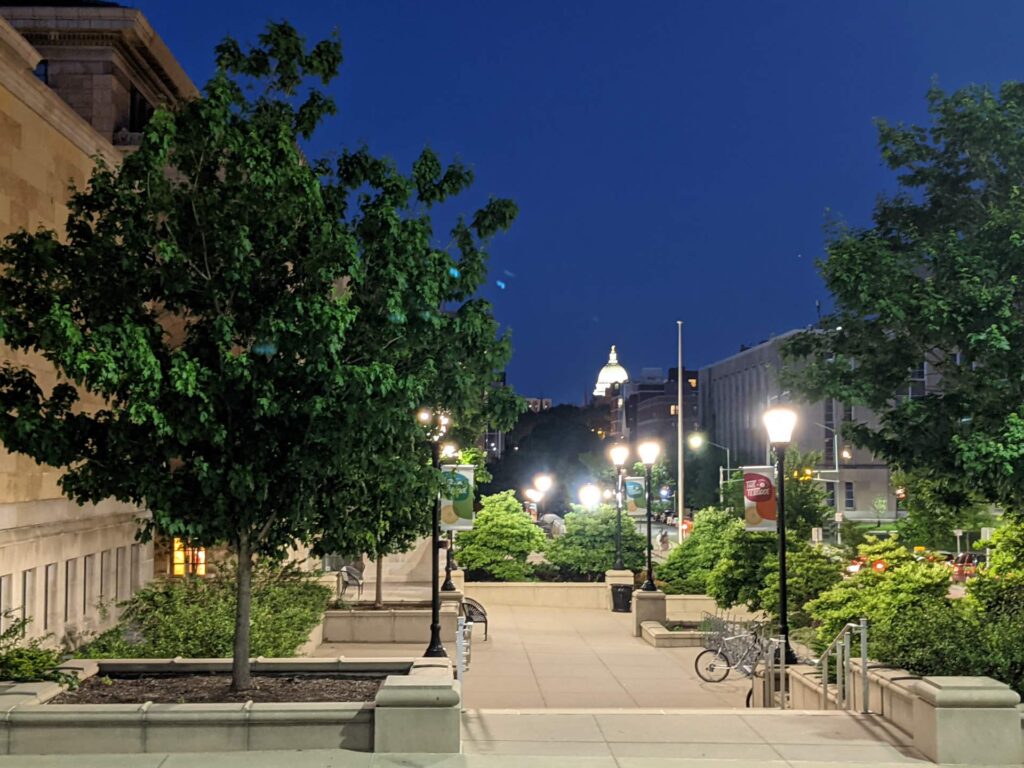
Cheese, yes. But also charm, lakes, and legit progressive vibes. Madison might scream “college town” at first glance, but it’s quietly become a retirement sleeper hit. It boasts a high quality of life, bike-friendly streets, and a cultural scene that punches way above its weight. According to The New York Times, Madison’s mix of affordability and access to healthcare makes it one of 2025’s most livable cities for retirees.
Don’t be fooled by the cold winters—residents embrace the chill with ice fishing, cozy cafés, and enough thermal layers to make you look like a marshmallow. Summers, though? Absolute bliss, thanks to the city’s lakes, farmers markets, and free concerts on the Capitol lawn. Madison also has one of the best-rated public libraries and access to UW–Madison’s continuing education programs—perfect for retirees who still want to flex those brain muscles. You’ll find your people here: smart, socially conscious, and very into brunch. If you want a city that’s a little crunchy, a little cultured, and full of heart, Madison should be on your radar.
11. Pittsburgh, Pennsylvania

Steel City is shedding its rusty image and coming back shiny, smart, and strangely affordable. Pittsburgh has transformed from industrial hub to a city full of art museums, riverfront parks, and a healthcare system that retirees rave about. UPMC is one of the top-rated medical networks in the country, and healthcare access here is both high-quality and affordable. U.S. News & World Report lists Pittsburgh in the top 10 for retirement, thanks to its cost of living and access to amenities.
And despite the stereotype, Pittsburgh isn’t gray and gritty anymore—it’s colorful, friendly, and full of surprises. There’s a fun mix of old-school diners, sleek tech campuses, and historic neighborhoods where homes are still under $300K. Plus, it’s super senior-friendly with free bus passes for folks 65+, walkable neighborhoods, and local theaters offering discount matinees. The food scene is thriving too—yes, you can still get pierogies, but now they come with artisanal sauces. Pittsburgh is like your dad after a glow-up: still solid, but now way more interesting.
10. Greenville, South Carolina
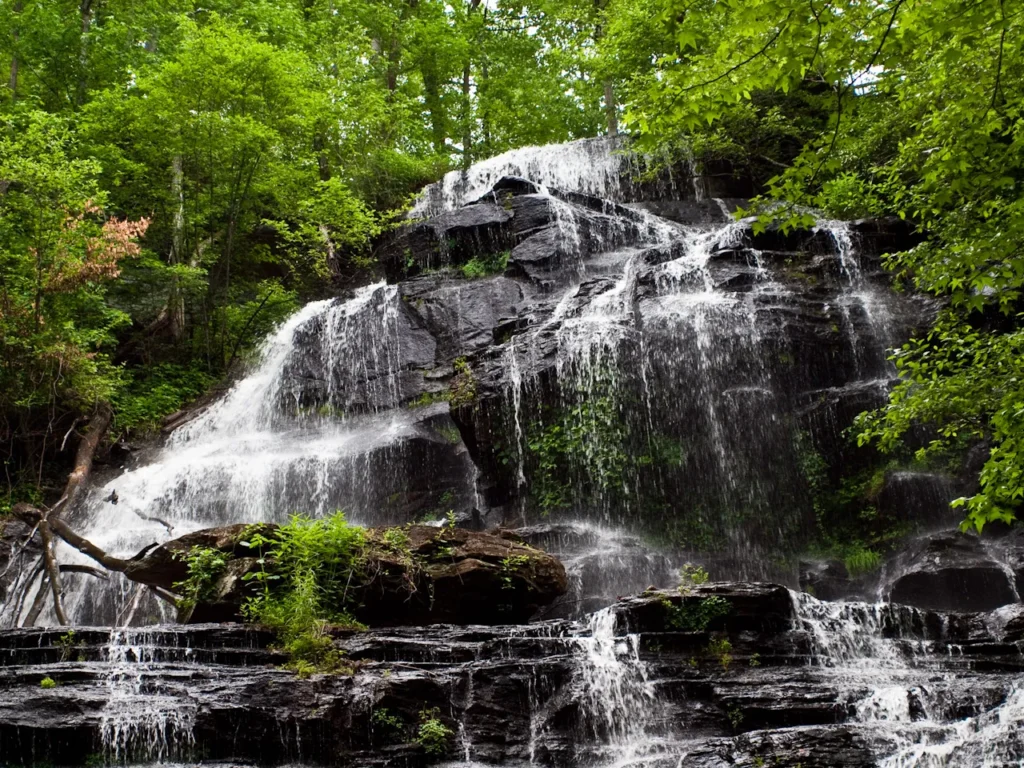
Greenville is giving Charleston a run for its money—without the tourist stampede. Nestled in the foothills of the Blue Ridge Mountains, this small city packs a major punch with walkable streets, cute boutiques, and a riverfront park that looks like it belongs in a rom-com. Southern Living called it one of the best southern cities to retire in, and they’re not wrong. It’s got southern hospitality, but without the humidity-induced meltdown.
Downtown Greenville has a theater scene, a symphony, and a food culture that includes everything from biscuit joints to rooftop cocktails. It also scores big on cost of living—lower than the national average—with plenty of affordable housing options both in town and nearby. Bonus points for mild winters, easy access to hiking, and a growing number of healthcare clinics catering to retirees. You can fill your days with art walks, trail strolls, and conversations with friendly strangers who actually mean it when they say “have a blessed day.” Greenville is where your retirement gets a soft landing and an Instagram aesthetic.
9. Albuquerque, New Mexico
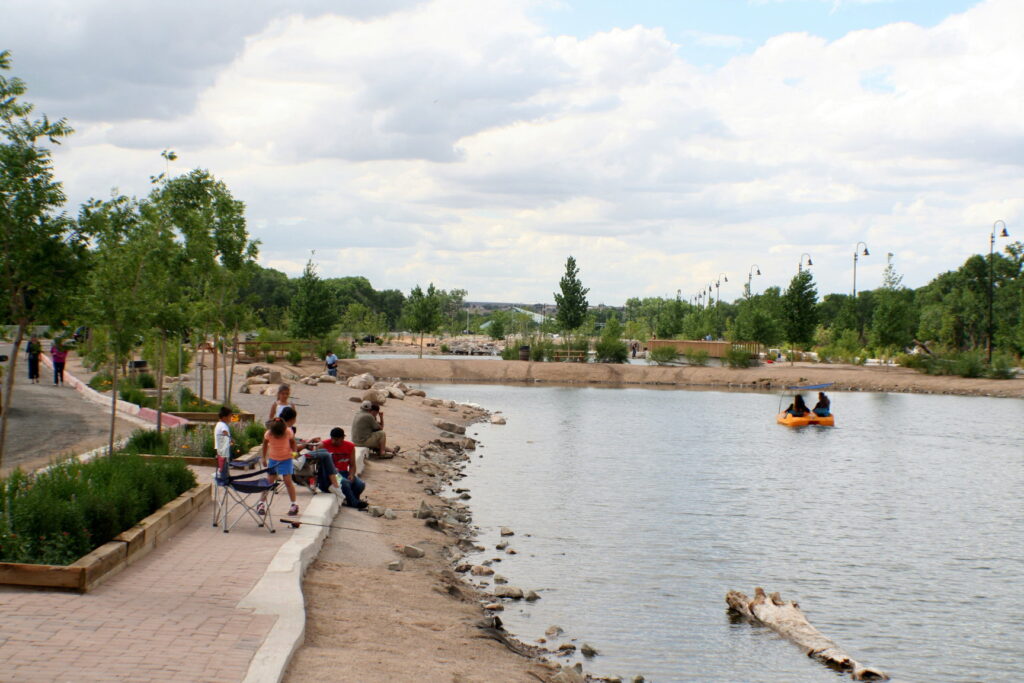
Sunsets that look painted, desert air that’s easy on the joints, and a cost of living that won’t make your wallet cry—welcome to Albuquerque. This high-desert city has become a magnet for retirees looking for a dry climate, big skies, and a little Southwestern spice. But it’s not just about the scenery: Albuquerque offers low property taxes, tons of free cultural festivals, and a slow-paced lifestyle that still keeps you entertained. Bankrate named it one of the best places to retire for budget-conscious folks who don’t want to sacrifice views or vibe.
You’ve got access to top-tier hospitals like UNM Health, plus plenty of holistic wellness centers and even alternative medicine clinics if you’re into that kind of thing. The public transportation isn’t bad either, and the walkable neighborhoods—from Old Town to Nob Hill—offer both character and convenience. Albuquerque is also one of the most ethnically diverse cities in the country, which means flavorful food and actual cultural experiences. Yes, it’s hot—but it’s a dry heat, and your knees will thank you. If you want a retirement full of light, color, and green chile everything, ABQ just might be your soulmate.
8. Portsmouth, New Hampshire
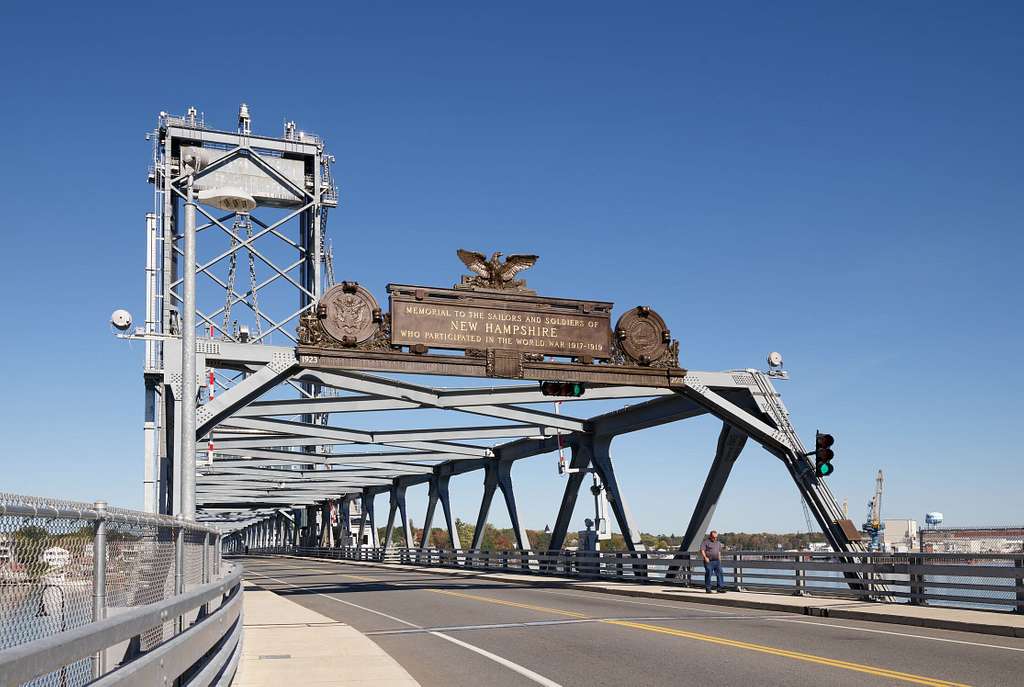
Tiny but mighty, Portsmouth has quietly become a Northeast retirement darling—and no, it’s not just because of the lobster rolls. This coastal town gives you quaint New England charm without the big-city chaos or sky-high prices. Think cobblestone streets, adorable colonial homes, and salty sea breezes straight out of a Nancy Meyers movie. It’s walkable, bikeable, and downright lovable. Despite being in a higher-cost region, New Hampshire has no sales tax or state income tax, which means your retirement dollars go further than you’d expect.
Portsmouth is big on community events, like farmer’s markets, harbor festivals, and music nights in the square. There’s also a thriving foodie scene—hello, oysters and craft cocktails—and excellent healthcare facilities nearby. Summers are pure magic, and even winters are manageable if you lean into the whole cozy sweater aesthetic. The town is also extremely safe, which is great for peace of mind (and long twilight strolls with a cup of cocoa). You’ll feel like you stepped into a Hallmark movie but with better restaurants. For retirees craving a dose of storybook living with some tax perks on the side, Portsmouth delivers.
7. Cedar Park, Texas
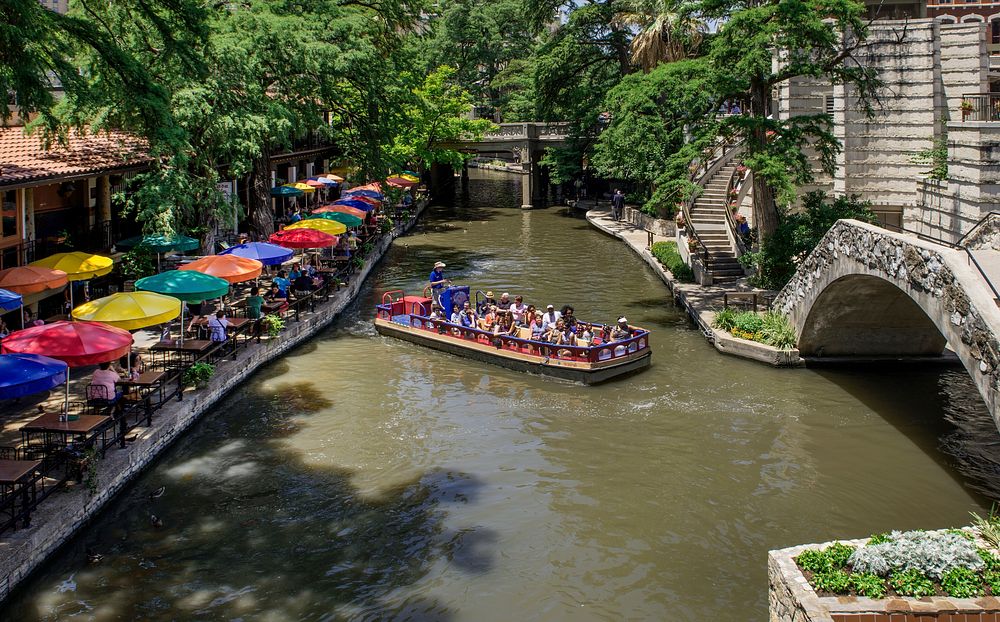
Austin gets all the hype, but smart retirees are heading 25 minutes north to Cedar Park. It’s got that Texas friendliness, suburban calm, and all the cool-kid benefits of being near a major city—without the traffic tantrums or sticker shock. You get spacious homes, top-tier healthcare, and enough green space to start your new pickleball dynasty. Bonus: Texas doesn’t tax Social Security or retirement income, so your golden years can stay shiny.
Cedar Park also has a booming senior scene, with recreation centers offering everything from yoga to ukulele classes. It’s affordable, laid-back, and family-friendly in case your grandkids come to visit (or stay). The weather’s warm but not unbearable, and the barbecue? Life-changing. You’re also close to wineries, live music, and Hill Country views that’ll make you want to take up plein air painting—even if you can’t draw a stick figure. Cedar Park lets you keep a foot in the Austin cool zone without actually having to live in it. Retire here and you’re basically cashing in on location, comfort, and brisket.
6. Missoula, Montana
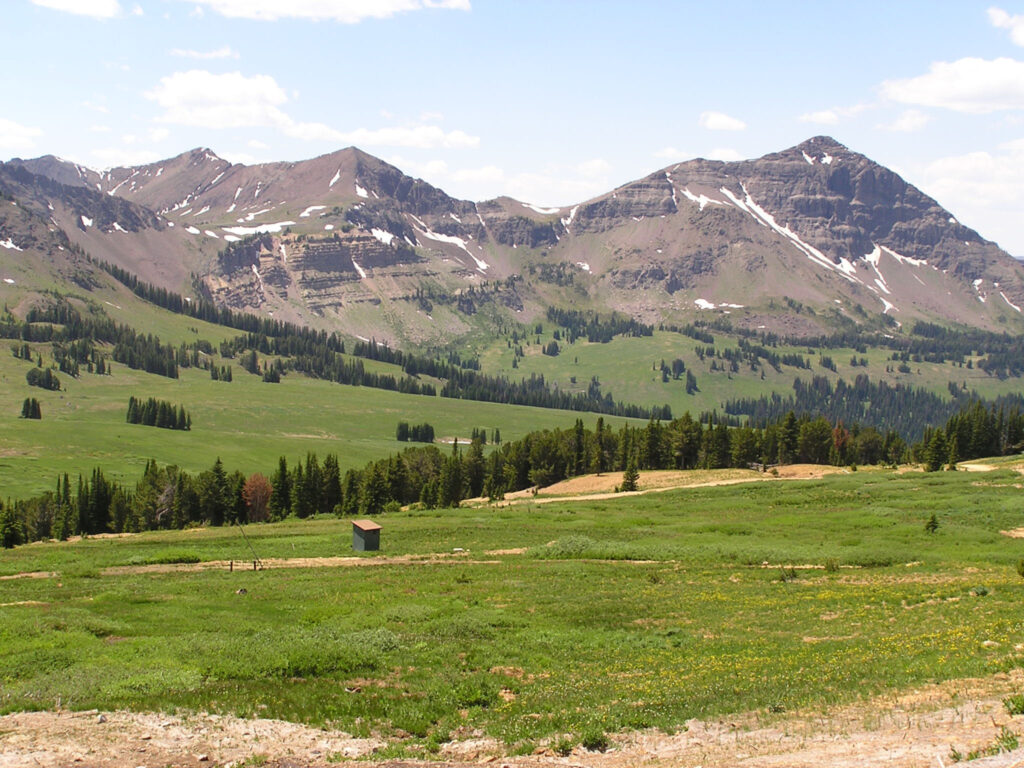
Montana?! Hear us out. Missoula is giving outdoorsy retirees a new kind of paradise—less shuffleboard, more fly-fishing and trail trekking. Nestled between mountains and rivers, this city brings big nature vibes with small-town friendliness. Cost of living is reasonable, taxes aren’t too punishing, and the air is cleaner than your pre-smartphone camera roll. It’s got a vibrant arts scene, live music, and even film festivals if you’re craving culture with your camping.
Healthcare access is solid, thanks to a major regional hospital and a surprisingly robust network of clinics and specialists. You won’t find skyscrapers or traffic jams here—just cozy bookstores, wild huckleberries, and neighbors who actually wave when you walk by. Winters can be brisk, but the city leans into its snow globe aesthetic with hot springs and hearty community events. If you’ve ever dreamed of trading rush hour for river rafting, Missoula’s the place. It’s ideal for retirees who want an active lifestyle with a slower pace. Plus, there’s a good chance your stress levels will plummet and your beard (if applicable) will get a little more rugged.
5. Fayetteville, Arkansas
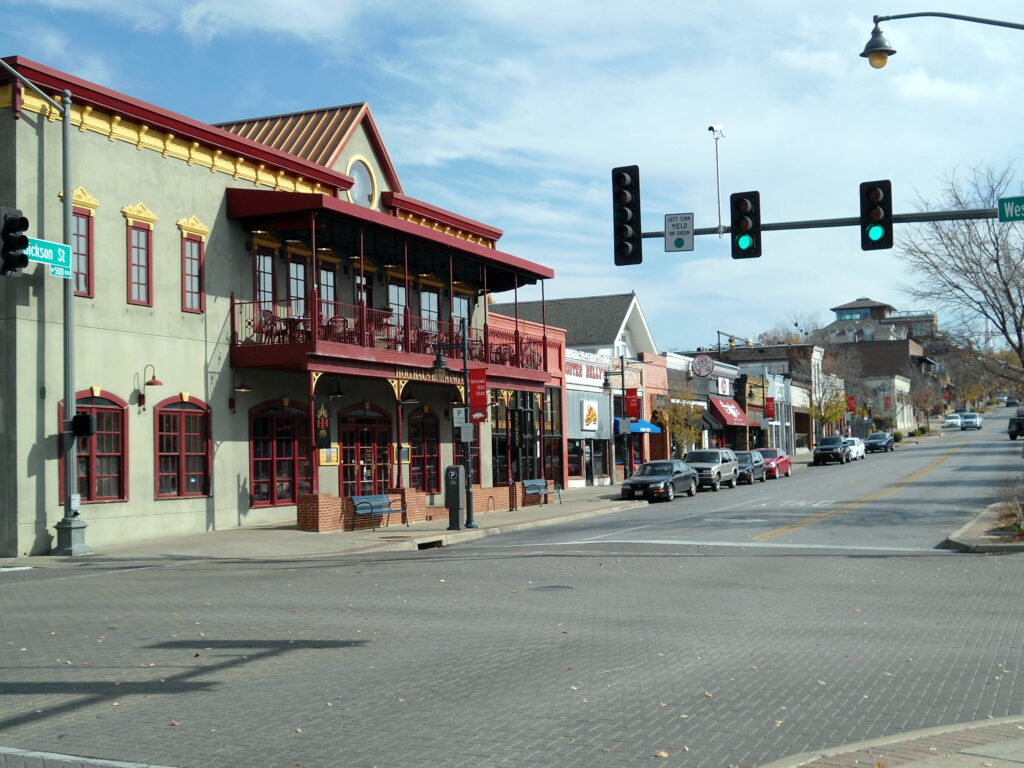
Fayetteville is the surprise comeback kid of retirement hotspots. Tucked into the Ozarks, it offers jaw-dropping scenery, a surprisingly cool college town vibe, and a cost of living that makes your budget breathe easy. The University of Arkansas gives the town a youthful energy, while still being ridiculously welcoming to retirees. The city also boasts great healthcare, low crime, and the kind of neighborly charm that makes borrowing sugar feel normal again.
Nature lovers will love the hiking, fishing, and nearby lakes, while culture buffs can dig into art museums, live theater, and outdoor concerts. There’s also a strong sense of community, with endless clubs, senior programs, and potlucks that don’t feel like punishment. Fayetteville offers four full seasons, but none of them go too extreme (read: no need for a snowplow or a fan the size of a jet engine). Housing prices are still refreshingly modest, even for charming bungalows and cottage-style homes. And yes, there’s enough Southern food to make you rethink your relationship with fried okra. It’s down-to-earth, full of heart, and built for living well without spending big.
4. Traverse City, Michigan
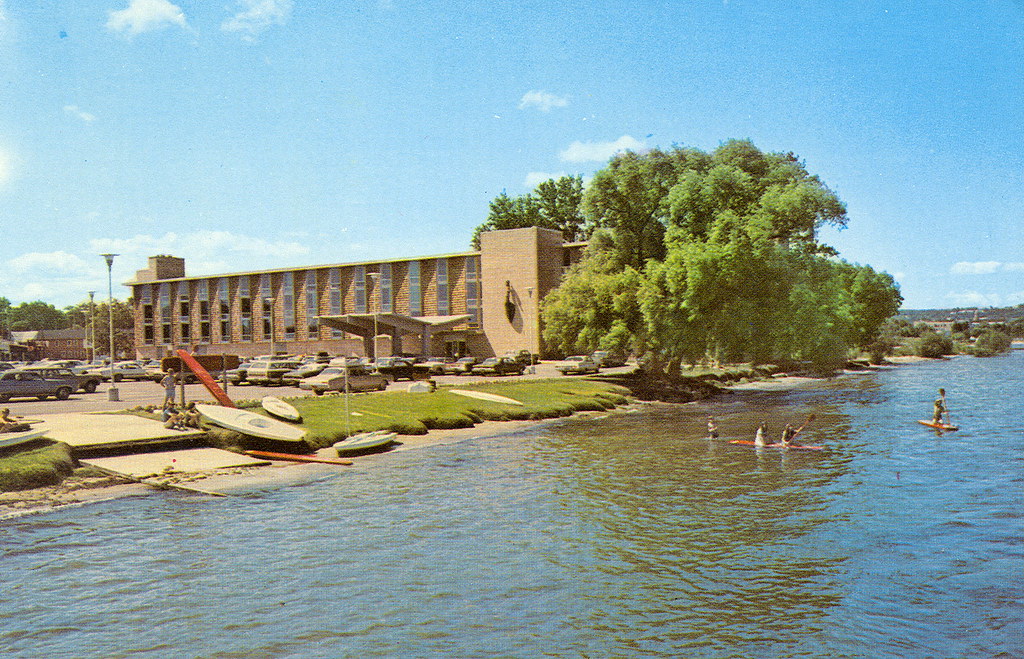
Retiring by the beach but not into palm trees? Traverse City is your freshwater fantasy. Located on the shores of Lake Michigan, this charming town brings coastal beauty without the hurricane insurance. The summers are glorious—think cherry festivals, sailboats, and breezy farmers markets—and the winters are totally manageable if you’ve got a decent coat and a love of hot toddies.
Healthcare here is top-notch, and the city has a major hospital that serves the entire region. Plus, there’s a real emphasis on wellness: walking trails, clean food, and an obsession with local everything. It’s also an under-the-radar foodie destination, with wineries, farm-to-table dining, and—of course—world-class cherry pie. Traverse City may be chill, but it doesn’t skimp on quality. You can kayak in the morning, sip wine in the afternoon, and still make it to your book club by sunset. If you’re looking for lakeside living with zero pretense and lots of charm, this is it.
3. Bend, Oregon
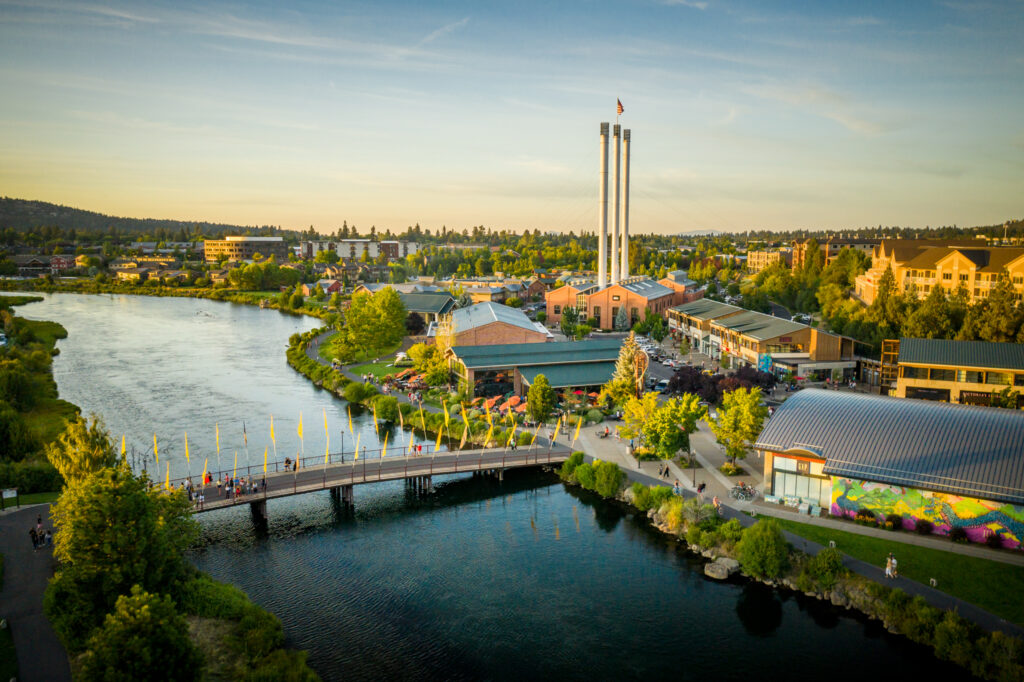
If REI made a town, it would be Bend. This is the retirement dream for people who plan to spend their golden years hiking, skiing, biking, or brewing their own kombucha. Located in central Oregon, Bend has over 300 days of sunshine a year, a high desert climate, and views that look like a Bob Ross painting. And while the lifestyle feels expensive, it’s more affordable than the California cities people are fleeing in droves.
There’s a huge focus on active aging—think yoga for joints, not Instagram—and a healthcare system that caters to outdoor-loving retirees. Plus, Bend’s got microbreweries on every corner, artsy shops, and an airport that makes it easy for family to visit (or for you to escape to Hawaii in February). It’s also very dog-friendly, in case your pup is part of the retirement plan. You’ll find plenty of like-minded folks who traded cubicles for kayaks. And even though it’s got a cool factor, it’s still unpretentious—flannel and fleece are practically formalwear. If your dream retirement includes fresh air and fresh hops, Bend’s the move.
2. Sarasota, Florida
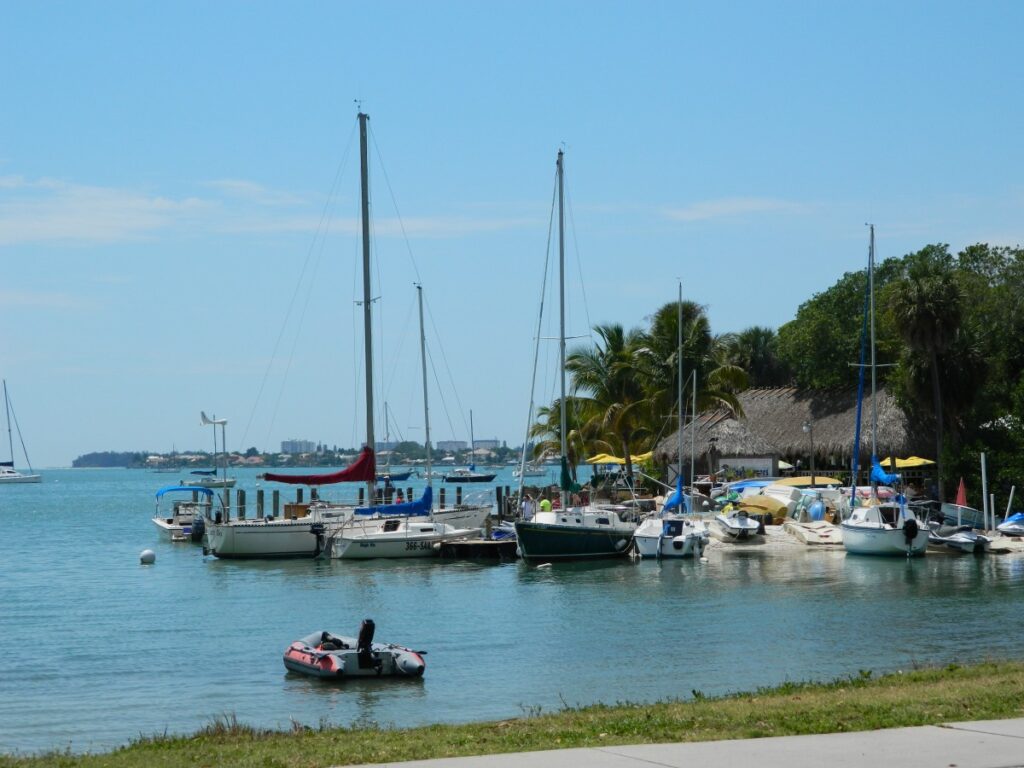
Yes, Florida still made the list—but not at number one, and that’s a very big deal. Sarasota remains one of the best places in the state for retirees thanks to its cultural flair, white sand beaches, and strong healthcare network. It’s like Florida’s classy older cousin: still sunny, but with a bit more ballet and fewer spring breakers. The arts scene is seriously impressive, with an opera, a symphony, and more galleries than you’d expect for a beach town.
You also get top-rated hospitals and a range of retirement communities that feel more like resorts than assisted living. While Florida’s rising insurance and housing costs are turning some people off, Sarasota still strikes a sweet spot between affordability and lifestyle perks. The weather? Predictably amazing. The seafood? Next level. And the vibe? Relaxed but never boring. Sarasota proves Florida still has some sparkle left—just maybe not the monopoly it used to.
1. Lancaster, Pennsylvania
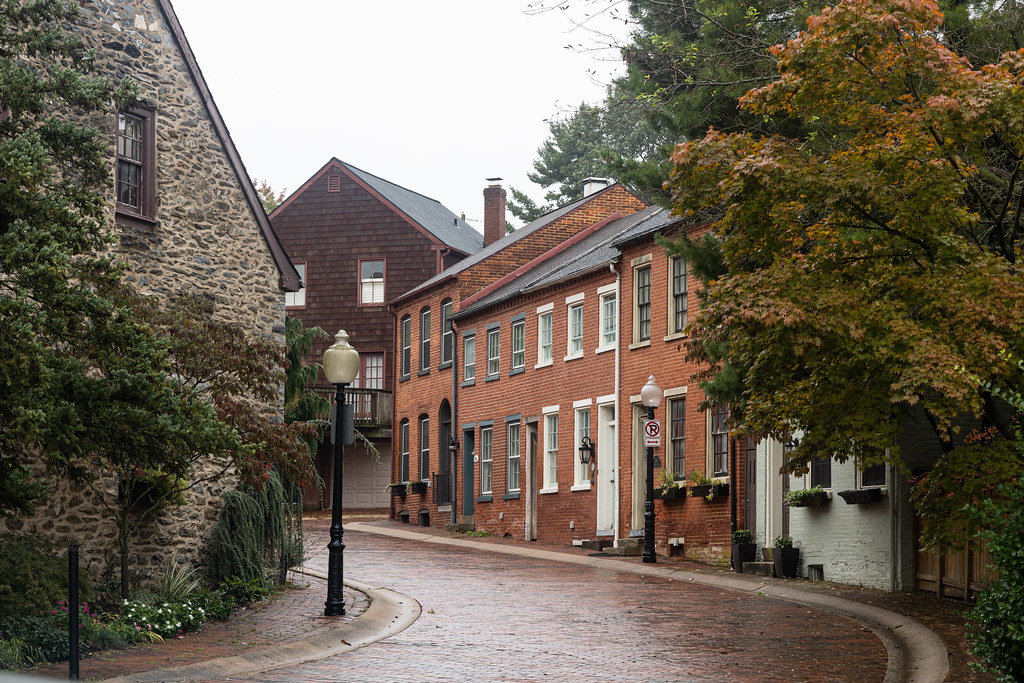
And here it is—the shocker of 2025: Lancaster, Pennsylvania is officially the top retirement destination in the country. Not a beach, not a big city—just rolling hills, friendly faces, and some of the best retirement perks in America. With affordable housing, low crime, and top-tier healthcare, Lancaster checks all the boxes quietly and confidently. It’s walkable, peaceful, and bursting with charm—from local farmer’s markets to covered bridges that look straight out of a postcard.
What really makes it stand out is the lifestyle: a strong sense of community, rich culture, and just enough quirk to keep things interesting. Amish country may be nearby, but the town itself is modern, artsy, and surprisingly progressive. Retirees rave about the clean air, strong public services, and the mix of quiet country living with small-city conveniences. You can sip coffee in a downtown café, hop a train to Philly, or spend a day antique shopping with zero stress. Lancaster is proof that retirement doesn’t have to mean slowing down—it can mean living deeper. Unexpected? Yes. Underrated? Absolutely. And in 2025, it’s earned its crown.
This article is for informational purposes only and should not be construed as financial advice. Consult a financial professional before making investment or other financial decisions. The author and publisher make no warranties of any kind.








